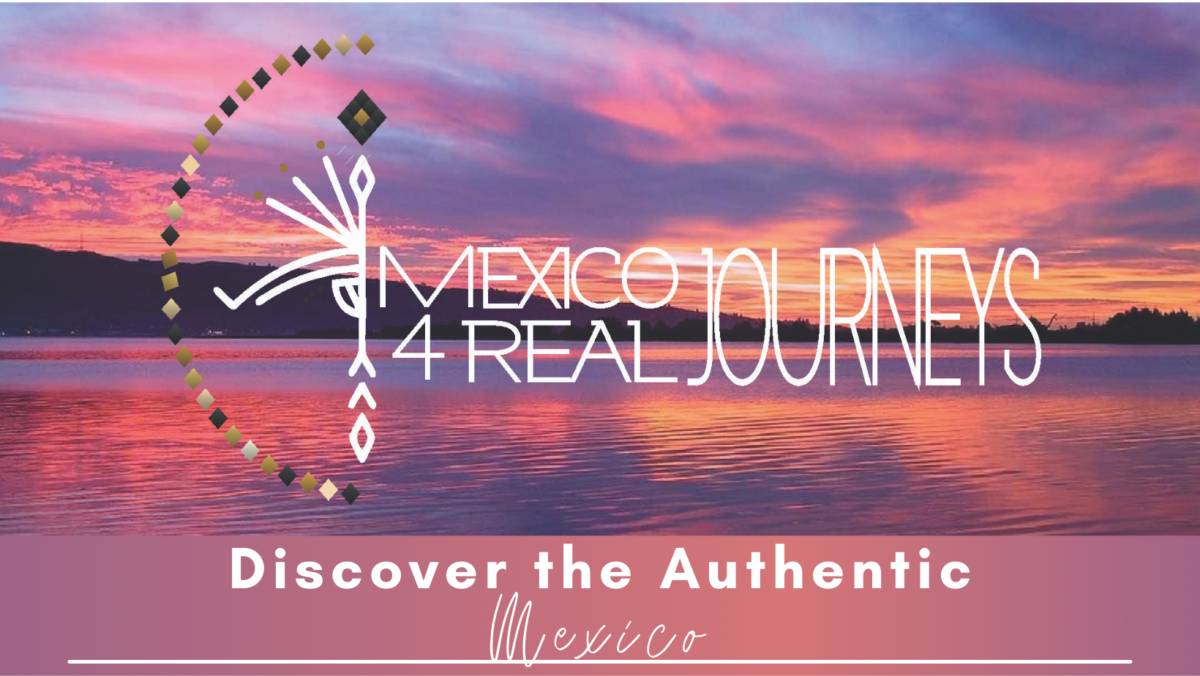In a rapidly changing world, sustainability has become an urgent priority. But, what if we told you that sustainable living isn’t a novel concept? Throughout history, diverse communities worldwide have seamlessly integrated sustainability into their cultures and daily practices. Driven by a profound connection to the environment and a shared aspiration to live in harmony with nature, these communities offer powerful lessons in sustainable living. Let’s delve into their stories:
1. Indigenous Wisdom: Preserving the Earth’s Bounty
Indigenous communities globally serve as guardians of sustainable living. Their deep knowledge of local ecosystems enables them to practice sustainable agriculture, minimizing ecological impact. Traditional methods for hunting, fishing, and gathering are passed down through generations, ensuring the preservation of natural resources.
2. Agriculture’s Ancestral Roots: Tilling the Land Sustainably
Farming communities worldwide have inherited sustainable agricultural practices from their ancestors. Techniques like crop rotation, organic farming, and responsible water management maintain fertile lands while safeguarding natural resources.
3. Coastal Communities: Nurturing Marine Life
Communities residing along coastlines demonstrate sustainable fishing practices. Adhering to fishing seasons, relying on traditional wisdom for fish population management, and avoiding overfishing all highlight their dedication to the long-term health of marine ecosystems.
4. Nomadic Tribes: Roaming Sustainably
Nomadic groups like Mongolian herders and Middle Eastern Bedouins have perfected sustainable nomadic lifestyles. They’ve developed strategies to strategically move with their livestock, preventing overgrazing and desertification.
5. Spiritual Sustainability: Buddhism and Hinduism
In regions like Southeast Asia, Buddhism and Hinduism emphasize spiritual sustainability. Concepts like non-violence, compassion for all life forms, and interconnectedness inspire practices like vegetarianism, wildlife conservation, and reverence for all living beings.
6. Harmony with Nature: Japanese Culture
Japan has deeply embedded sustainability in its culture. Spiritual practices like Shintoism and Zen Buddhism emphasize harmony with the environment. Concepts like “mottainai” (regret for waste) and “wabi-sabi” (finding beauty in imperfection) reinforce sustainability.
7. Simple Living: Amish and Mennonite Communities
In North America, Amish and Mennonite communities prioritize sustainable farming practices and self-sufficiency. They embrace organic farming techniques and a simple way of life that resonates with ecological harmony.
8. Nordic Eco-Friendliness: Scandinavia’s Sustainable Bond with Nature
Nordic countries like Sweden and Norway excel in sustainable living. Their culture values eco-friendly design and emphasizes a close connection with nature, evident in activities like “friluftsliv” (outdoor life).
9. African Wisdom: Guardians of the Land
Numerous African tribes maintain traditions of sustainable agriculture and wildlife conservation. Practices like rotational grazing and community-based natural resource management reflect their commitment to ecological balance.
10. Permaculture: Modern Sustainability Inspired by Traditions
Permaculture communities, a modern sustainable living movement, amalgamate principles from diverse cultures. They strive to create self-sustaining ecosystems within their homes and communities, reducing their ecological footprint.
These communities illuminate a crucial lesson: sustainability isn’t a new concept; it’s deeply woven into the tapestry of culture and daily life. They offer invaluable insights into nurturing a harmonious relationship with the environment—an increasingly vital lesson in our contemporary world. Explore the wisdom of these diverse cultures and consider how their sustainable practices can inspire a greener future for us all.
